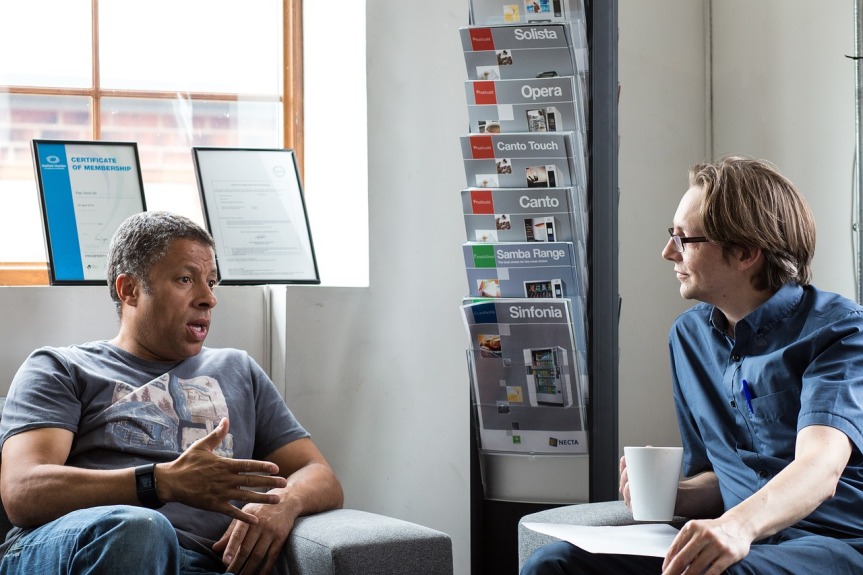This morning, I received two emails from two different organizations that talked about mentoring, including one that talked about an online discussion tomorrow and one that mentioned National Mentoring Month. I wasn't aware that there was a National Mentoring Month, so I Googled it to see what came up. I've been (and am still) involved in … Continue reading Mentoring Month
Category: Mentoring
What is an “expert?”
Years ago, Chris Bell, one of my friends on the SQL Saturday circuit, gave me a piece of advice that has stuck with me for years. He told me (and I'm paraphrasing here), "the definition of an expert is someone who knows something that you don't." When someone says someone is an "expert," most people conjure … Continue reading What is an “expert?”
My first robotics competition
Last Saturday, I had an opportunity to attend my first robotics competition! The opportunity came up when my friend Andy Levy came to town with his team for a competition! Andy wrote a couple of 'blog articles about his robotics experience; you can read them here and here! It was a fun time, and I … Continue reading My first robotics competition
We all get rejected. Don’t take it personally
You've been let go from your job. Or maybe you were passed over for the promotion. Or you applied to a position you very much wanted, and didn't get so much as an acknowledgement of your application. Or you were turned down by the school or program that you had your heart set on attending. … Continue reading We all get rejected. Don’t take it personally
The joys and benefits of volunteering
This afternoon, I took part in an STC panel discussion about volunteering -- how to volunteer, where opportunities exist, and so on. (A recording of the webinar will be made available; once it is, I'll post a link to it.) Those of you who know me well know how involved I've been with volunteering. To … Continue reading The joys and benefits of volunteering
Lack of language command doesn’t have to be an impediment to presenting
As someone who is a child of immigrants, I understand and appreciate the travails of anyone who is new to this country and struggles with the English language. Indeed, English can be a very screwy language, with a plethora of archaic rules such as "i before e" and so on. I remember my Korean mother … Continue reading Lack of language command doesn’t have to be an impediment to presenting
You don’t have to be in a management position to be a leader
For years, I used to think that in order for me to become a leader, I would need to land a management position of some type. Indeed, for a long time, our culture taught us that you needed to obtain some kind of leadership or management position in order to be a leader. So I … Continue reading You don’t have to be in a management position to be a leader
Check in on your black friends #BlackLivesMatter
Just this once, I'm addressing a controversial topic. I usually don't write about these things, but I am deeply troubled by the state of my country and the world, and if, by my words, I have the power to change it, then I'm going to do it. I'm not sure what kind of effect, if … Continue reading Check in on your black friends #BlackLivesMatter
What goes into organizing a #SQLSaturday? From the words of #SQLFamily
As my friends and regular 'blog readers are likely aware, I am a frequent speaker at SQL Saturday. SQL Saturday has shaped my professional life in ways I couldn't have imagined. I've traveled to many events, learned about data topics and professional development, gained public speaking experience, become more prolific with my writing (this very … Continue reading What goes into organizing a #SQLSaturday? From the words of #SQLFamily
Mentoring — another way to pay it forward
This morning, I received my annual email from Syracuse University's College of Engineering and Computer Science regarding their mentoring program. I have participated in this for the last couple of years, and I have enjoyed it each time. As I've written before, paying it forward is a passion of mine, and I always look forward … Continue reading Mentoring — another way to pay it forward




